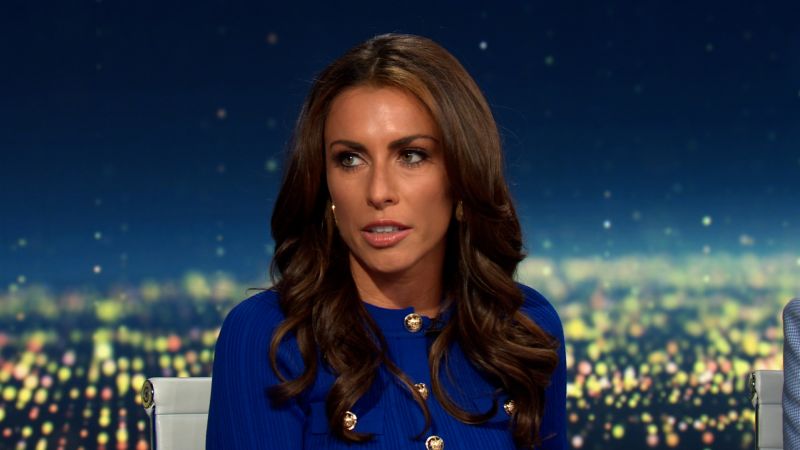Farah-Griffin acknowledges that there is a high likelihood that Trump will indeed challenge Biden to debates in the lead-up to the 2024 election. She believes that Trump views the debates as an opportunity to showcase his strengths as a communicator and debater, given his previous experience in televised debates during the 2016 and 2020 election cycles. Trump has a history of using debates to appeal to his base and sway undecided voters, making them a key component of his campaign strategy. Farah-Griffin emphasizes that Trump is a skilled debater who is not afraid to engage in heated exchanges with his opponents, which can both energize his supporters and attract media attention.
However, Farah-Griffin cautions that the dynamics of a potential Trump-Biden debate in 2024 may be different than in previous elections, as both candidates have now served as president and have a record to defend or critique. She believes that Biden may approach the debates differently this time around, relying on his experience as an incumbent president to defend his administration’s accomplishments and policies. Farah-Griffin also notes that Trump’s own record as president will be scrutinized during the debates, and he will need to be prepared to defend his actions and decisions while in office. She suggests that the debates could be more policy-focused in 2024, given the candidates’ previous experience in the White House.
In terms of preparation for the debates, Farah-Griffin stresses the importance of both candidates engaging in rigorous debate prep to be ready for any potential questions or attacks that may come their way. She highlights the role of debate coaches and advisors in helping candidates hone their messaging and delivery, as well as anticipate their opponent’s arguments and responses. Farah-Griffin suggests that Trump, in particular, may benefit from mock debates and scenario planning to prepare for different debate formats and styles. She emphasizes that being well-prepared and adaptable is crucial for success in high-stakes debates, where any misstep or gaffe could have significant consequences for the candidates’ campaigns.
Farah-Griffin also addresses the potential impact of debates on the outcome of the 2024 election, noting that debates can play a key role in shaping voters’ perceptions of the candidates and their policies. She believes that Trump will aim to use the debates to rally his base and contrast himself with Biden on key issues, such as the economy, immigration, and foreign policy. Farah-Griffin acknowledges that debates are just one piece of the broader campaign strategy, but they can have a significant impact on public opinion and media coverage, which can ultimately influence voters’ decisions on Election Day. She emphasizes that both candidates will need to bring their A-game to the debates to win over undecided voters and energize their respective bases.
Overall, Farah-Griffin expresses confidence in Trump’s ability to perform well in debates against Biden in 2024, citing his track record as a debater and communicator. She believes that Trump will leverage his speaking skills, charisma, and blunt rhetoric to appeal to voters and contrast himself with Biden on policy issues. However, she acknowledges that Biden will also come prepared to defend his record and attack Trump on his own record, making for a potentially intense and high-stakes series of debates. Farah-Griffin emphasizes the importance of both candidates being well-prepared, adaptable, and strategic in their debate performances to effectively communicate their messages and win over voters in a closely contested election.


